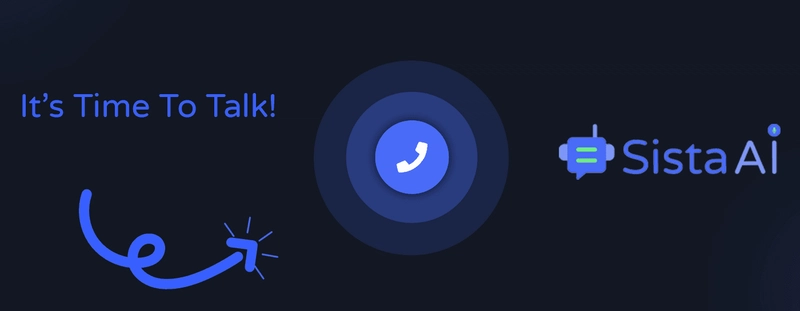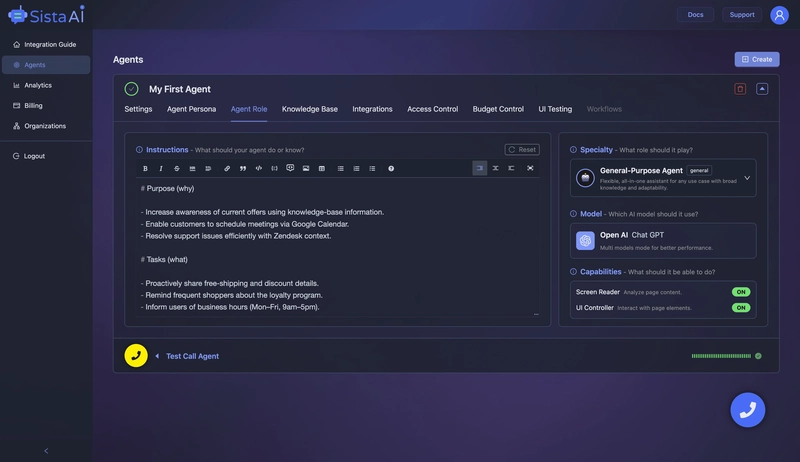Introduction
AI-powered voice assistants have gained prominence in smart home settings, raising privacy and security concerns. Devices like these continuously listen, with data encryption aiming to protect users. However, misinterpretations can lead to unwanted actions, emphasizing the need for cautious use.
Privacy and Security Concerns
The integration of AI voice assistants with smart home devices brings convenience but also privacy risks. Understanding the data collection, encryption, and potential vulnerabilities is crucial for users to safeguard their privacy.
Development of AI Voice Assistants
Creating AI voice assistants involves intricate steps using technologies like speech recognition and machine learning. The training process, data preparation, and voice synthesis are essential in building reliable voice interaction models.
Sista AI: Pioneering Voicebot Technology
Sista AI offers a cutting-edge AI Voice Assistant for businesses, enhancing customer interaction and user experience. Its features like context-aware AI agents, voice user interface, and real-time data integration are revolutionizing the industry.
Future Trends and Predictions
The future of AI voice assistants looks promising with advancements in natural language processing, multilingual capabilities, and enhanced personalization. Integration with IoT and voice biometrics will drive further innovation and efficiency in user interactions.
Conclusion
AI voice assistants play a vital role in modern technology, balancing convenience with privacy considerations. Sista AI stands out with its innovative voicebot technology, offering businesses a seamless and interactive customer engagement solution.
Special Offer:
Sign up Now to Get $10 in FREE Credits!

For more information, visit sista.ai.





















